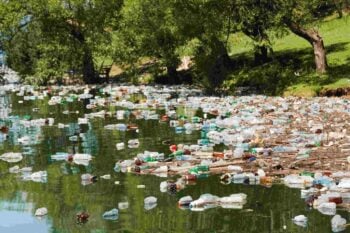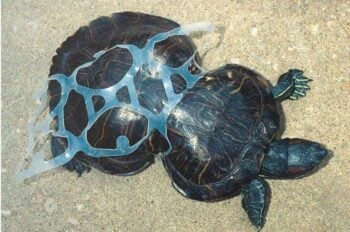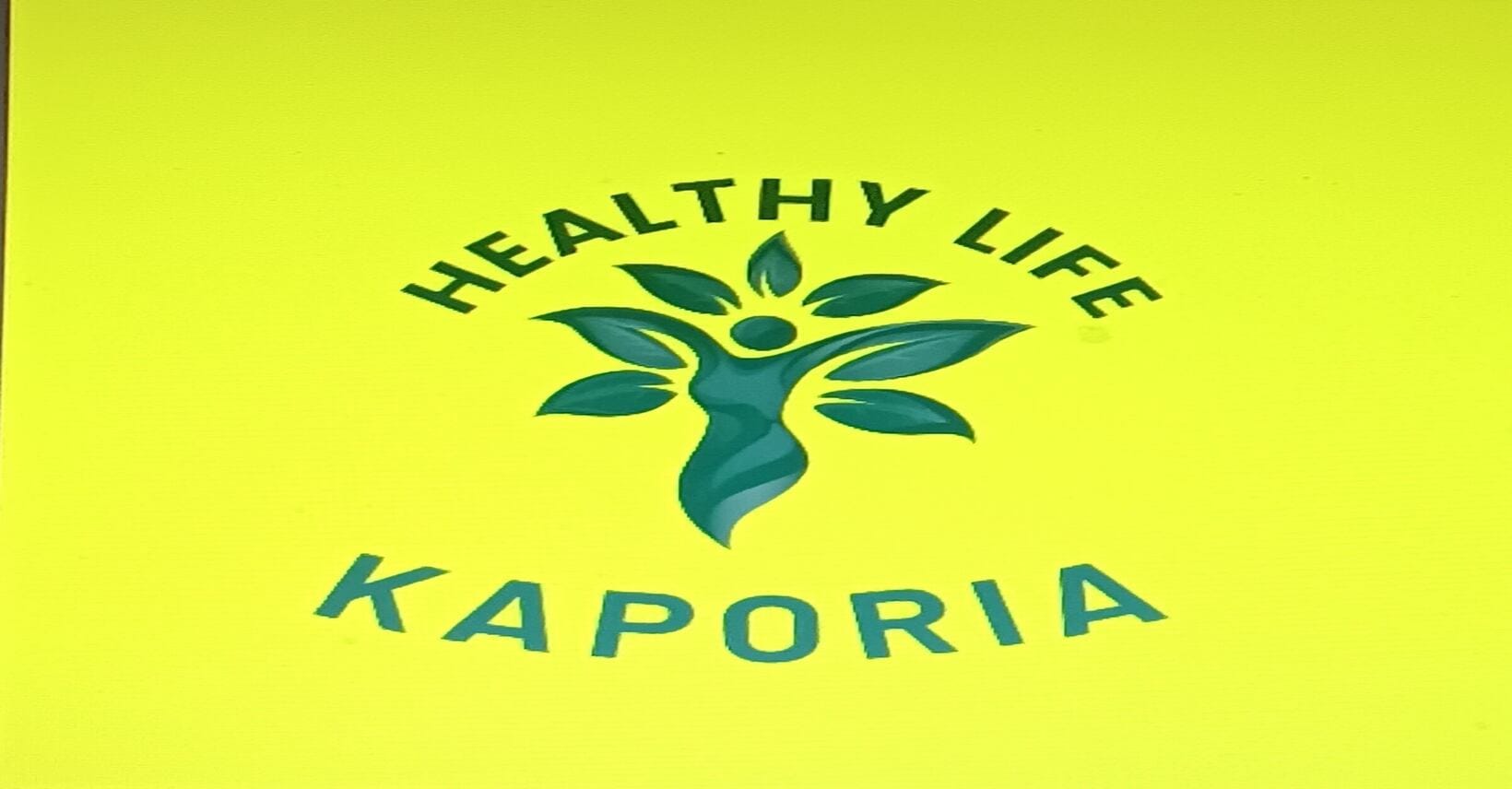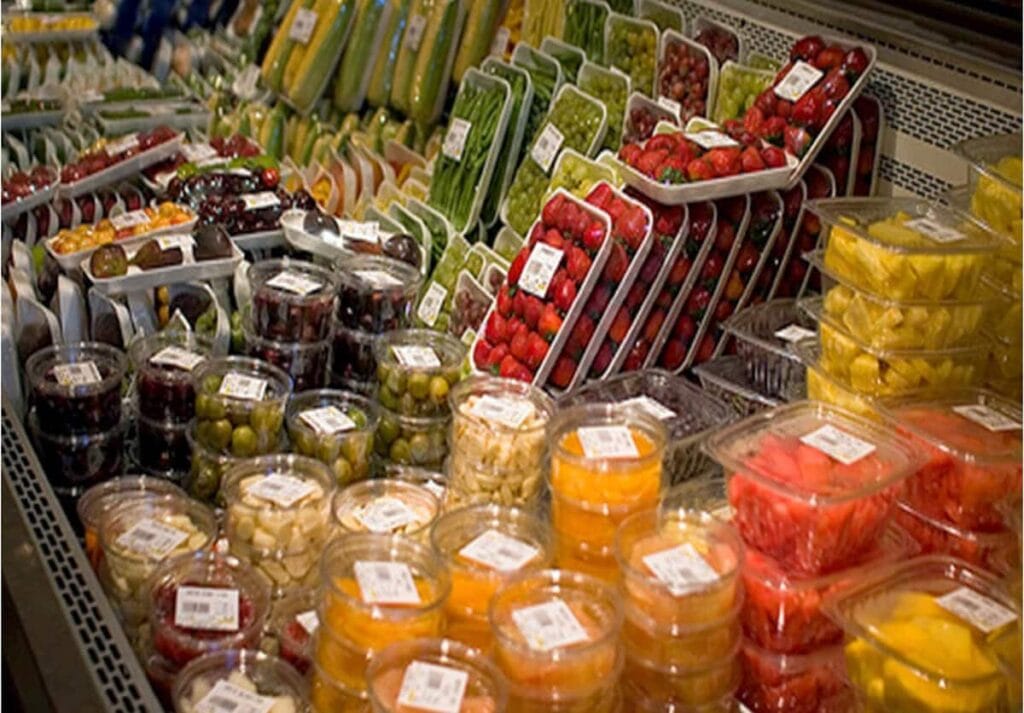[ad_1]
It is vitally potential to get a lot of the plastic out of your life—particularly the disposable and single-use plastic. (Although sturdy items like computer systems and automotive elements would be the exception). Begin with the low hanging fruit first, like shopping for your eggs in cardboard as an alternative of polystyrene. Then think about taking over only one or two of the larger modifications a month.
Listed here are some strategies for lowering each your use of plastic and your publicity to its toxins:
Scale back the Plastic in Your Life
All of us must lower our reliance on plastic to minimize its affect on our well being and the atmosphere as a lot as potential. Listed here are some nice methods to get began.
Out and About
- When purchasing, use reusable produce bags to carry your produce, and reusable grocery luggage to hold all of your objects dwelling. Right here’s a straightforward solution to always remember them. You too can use reusable cotton sacks for bulk objects like espresso, rice and nuts.
- Use reusable baggies as an alternative of disposable plastic baggies for lunches and snacks.
- Use reusable glass or stainless steel water bottles to hold water with you.
- Convey your individual containers to the restaurant for each carryout and leftovers. I exploit these containers, and so long as I hand them over on the similar time I order my takeout, nobody has turned me down but.)
- Convey your individual stainless steel coffee thermos to the espresso store or workplace with you. Most espresso outlets don’t have any downside placing your latté in a reusable thermos.
- Ask to your newspaper and dry cleansing with out plastic wrap.
- Don’t take the receipt on the register, or have the cashier drop it into the bag, then solely deal with it utilizing gloves. These slick, thermal-paper money register receipts are a major source of BPA contamination by way of your pores and skin.
Pantry and Fridge
- Since plastic is discovered extensively in processed meals packaging (this consists of canned meals and drinks, which have a plastic lining), the most important factor you are able to do to cut back plastic toxins in your life is to shift your food plan to incorporate primarily recent, entire, unpackaged meals from the grocery, farmer’s market or meals co-op. Shopping for in bulk or joining a buying club could make this very reasonably priced.
- Get your recent eggs in cardboard cartons, not polystyrene. Get your recent meat and cheese wrapped in waxed butcher paper, as an alternative of plastic and foam.
- Get your recent milk in bottles, not plastic-coated cartons or jugs. Many shops and farmers encourage you to return the empty bottle in trade for financial savings in your subsequent full one.
- Use old school, waxed butcher paper while you purchase and retailer meats and cheeses. Use reusable freezer bags to carry freezer objects that may’t go into glass or butcher paper.
- Keep away from canned meals and drinks, together with canned child formulation. You may get many canned meals objects, like crushed tomatoes or broth, in glass jars or tetrapaks as an alternative. In case you can’t discover different packaging, a number of corporations are providing their merchandise in BPA-free cans, and the quantity continues to develop attributable to public demand. Here’s a list.
Kitchen
- Get a good water filter for your tap to interchange bottled water. Or, if nothing else, purchase bottled water solely in reusable 5-gallon polycarbonate containers, and preserve them in a cool, darkish place. (Here’s how to find one.)
- Skip the straw together with your drink, or use a washable, reusable straw as an alternative.
- Retailer, reheat or freeze your leftovers in glass containers as an alternative of in plastic “tupperware” or plastic wrap. (These are the containers we use, and whereas not 100% plastic-free, we love them.)
- Keep away from disposable plastic or polystyrene dishes and utensils. As a substitute, go to the thrift retailer and get a stack of tremendous low cost mismatched ceramic dishes and chrome steel cutlery that you simply use just for events, picnics and the like.
- Substitute your plastic kitchenware with objects constructed from chrome steel, glass, ceramic, and even silicone as an alternative.
- Make your own cleaners from non-toxic elements, and retailer them in glass jars and bottles. You possibly can even take the spray pump off of an previous spray bottle, and screw it onto a recycled glass vinegar bottle.
Private Care
- Make your individual shampoo, lotions, liquid soaps, and cosmetics and retailer them in glass, ceramic or chrome steel containers. There are tons of DIY recipes on the web you may make to interchange all of the plastic bottles of non-public care potions you at present use.
- Substitute your toothbrush with a non-toxic one. There are eco-friendly toothbrushes on the market. Keep away from plastic toothpaste tubes (and nasty chemical compounds too) by making your own toothpaste.
- At all times ask for BPA-free dental sealants and BPA-free composite fillings on the dentist workplace. In case your dentist doesn’t provide it, find one that does.
Youngsters
- Use cloth diapers.
- As a result of youngsters are further inclined to the toxins in plastics, select glass bottles with actual rubber nipples, wooden or material teethers, and many others.
- Select wooden, material, metal and paper-based toys to your youngsters over plastic, each time potential. That is particularly essential whereas your children are nonetheless younger sufficient to place issues of their mouths. See if you may get plastic toys like Legos second hand from eBay, Craigslist or different on-line retailers.
- Substitute your school-age baby’s plastic lunchbox with a material or chrome steel one. There are various non-toxic lunchbox decisions, and most are nice for adults, too!
Associated:
How Plastic Harms the Surroundings


Plastics will not be solely a difficulty for our well being, but additionally for the well being of crops and animals all over the place, which is why it’s so essential to cut back the quantity of plastic in your life.
Regardless of nationwide recycling efforts, we at present recycle solely a measly 5 % of the plastics we produce. And more and more cities are shutting down their plastic recycling programs as a result of they aren’t price efficient!
Roughly 50 % of our plastic waste goes to landfills (the place it’s going to sit for hundreds of years attributable to restricted oxygen and lack of microorganisms to interrupt it down). The remaining 45 % finally ends up as litter within the atmosphere the place it in the end washes out to sea, damaging marine ecosystems and coming into the meals chain.
How Plastic Pollutes the Ocean


With at the least eight million metric tons of plastic coming into the world’s oceans yearly, there’s rising concern concerning the overwhelming proliferation of plastics within the atmosphere. Ultimately all of it accumulates into large, Texas-sized blobs of trash floating and spiraling out and in of the world’s oceanic gyres at this time.
A United Nations report claims there’s a mean of 46,000 items of plastic in each sq. mile of ocean. As we speak, you might be aboard a ship hundreds of miles away from land, however you will notice floating plastic particles all over the place.
Even in essentially the most distant reaches of the planet, one can find plastic trash. We’ve turned our oceans into the most important landfill on the planet!


The scariest half is that every one these floating plastic particles act like “sponges” for waterborne contaminants resembling PCBs, pesticides like DDT, herbicides, and different persistent natural pollution. This makes floating plastics much more harmful than they’re on land.
Filter-feeding marine animals ingest these plastic particles and the toxins they include, and subsequently go them up via the meals chain, finally to people.
In actual fact, ninety percent of all seabird species, 22 % of Cetaceans (whales, dolphins and porpoises), all sea turtles, and a rising checklist of fish have been found to be contaminated with plastic.
Tiny beads of plastic appear to be fish eggs or different meals sources, so many sea creatures merely mistake them for meals. Loggerhead sea turtles typically confuse plastic luggage with jellyfish, their favourite meals. The results of this are disastrous, together with inside blockages, dehydration, hunger, and infrequently, loss of life.


Sea birds are continuously discovered strangled by the plastic rings that maintain six-packs of soda collectively, or starved by stomachs stuffed with plastic particles. Different creatures meet a painful finish by getting twisted up in plastic netting.
Floating plastic particles additionally blocks the daylight that sustains plankton and algae, and since plankton and algae are the inspiration of the marine ecosystem, this has an infinite results up the meals chain. In some ocean waters, plastic outnumbers plankton by an element of six to 1.
There is no such thing as a possible or reasonably priced solution to clear the plastic out of the ocean. The ocean is way too violent and huge for that. One of the best factor we will do is clear up the seashores as soon as all that plastic finally washes up on them. (And due to pure ocean cycles, it will definitely will.)
But when we need to actually clear up our mess, the best, least expensive technique is to forestall the plastic from getting there within the first place!
How Plastic Threatens Human Well being
The heavy poisonous burden related to plastic—at each stage of its life cycle—make it clear why lowering and phasing out the manufacturing of single-use plastics is the one means ahead.
Based on the Middle for Worldwide Environmental Regulation, At every stage of its lifecycle, plastic poses distinct risks to human health, arising from each publicity to plastic particles themselves and related chemical compounds. Individuals worldwide are uncovered at a number of phases of this lifecycle:
- “Extraction and transportation of fossil feedstocks for plastic, which releases an array of poisonous substances into the air and water, together with these with identified well being impacts like most cancers, neurotoxicity, reproductive and developmental toxicity, and impairment of the immune system;
- Refining and manufacturing of plastic resins and components, which releases carcinogenic and different extremely poisonous substances into the air, with results together with impairment of the nervous system, reproductive and developmental issues, most cancers, leukemia, and genetic impacts like low delivery weight;
- Client merchandise and packaging, which might result in ingestion and/or inhalation of microplastic particles and a whole lot of poisonous substances;
- Plastic waste administration, particularly “waste-to-energy” and different types of incineration, releases poisonous substances together with heavy metals resembling lead and mercury, acid gases and particulate matter, which might enter air, water, and soil inflicting each direct and oblique well being dangers for employees and close by communities;
- Fragmenting and microplastics, which enter the human physique instantly and result in an array of well being impacts (together with irritation, genotoxicity, oxidative stress, apoptosis, and necrosis) which can be linked to adverse well being outcomes starting from heart problems to most cancers and autoimmune circumstances;
- Cascading publicity as plastic degrades, which additional leach poisonous chemical compounds concentrated in plastic into the atmosphere and human our bodies; and
- Ongoing environmental exposures as plastic contaminates and accumulates in meals chains via agricultural soils, terrestrial and aquatic meals chains, and the water provide, creating new alternatives for human publicity.”
Up to date July 25, 2021
[ad_2]
Source link

